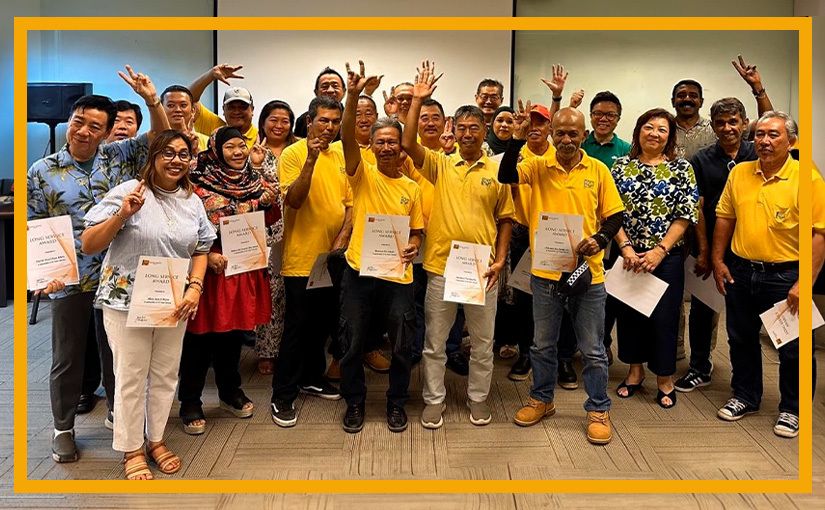How to Manage Your Assignee's Expectation?
How to Manage Your Assignee’s Expectation?
6 May 2019
When the assignees take over the assignment, they understand something different is in front of them. They know their destination is different from their home town, yet, how different would it be? That makes the assignees imagine. Due to their expectation, some of them may feel excited while some of them may feel depressed. What they don’t know is the gap between their expectation and reality. Narrowing the gap can assist your assignees in adapting to the new life smoothly.
Communication is the key to eliminate unnecessary expectation. The more information an assignee can get, the less unrealistic expectation will they have. To take the property size and the rent as examples; the westerns may not expect the property size in Asian countries can be smaller than one-third of the house in their home town. Especially in Hong Kong, they may need to give up a fortune in exchange for a decent home. If assignees didn’t know that before arrival, they will be depressed when seeing the flat.
Not only feel depressed due to the too high expectation on the property size, but they may also ship the wrong furniture. The furniture they are using may not be suitable for their new home. Even though the apartment is big, the assignees may not notice that the lift and the stairs are too small for the furniture. That is not only wasting the shipment cost but also the storage cost if they insist on keeping the furniture.
Property size is an issue while culture and food are also other areas that may make your assignees frustrated. Speed in Asia is fast. Assignees may not understand why people in Asia are always in a hurry, pushing you to walk faster in streets, impatient to wait by closing the doors as quickly as they can. A culture training can help ease their frustration and manage their expectation as well. Make them prepared for a new place, and they can adapt to the new environment quickly and devote full energy to the assignment. It is a win-win situation. That is why managing your assignee’s expectation is so important.










